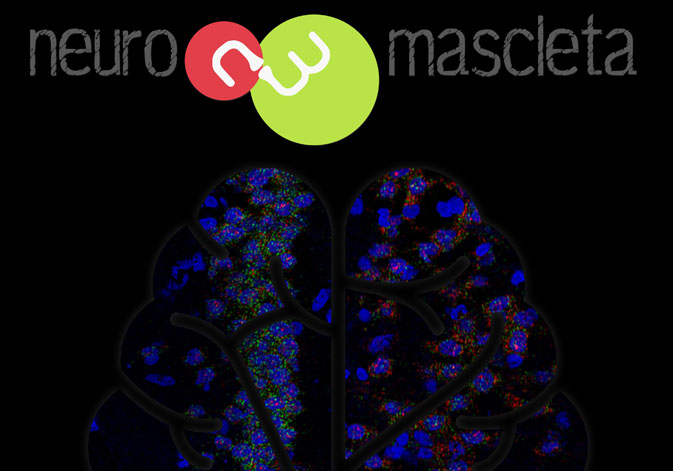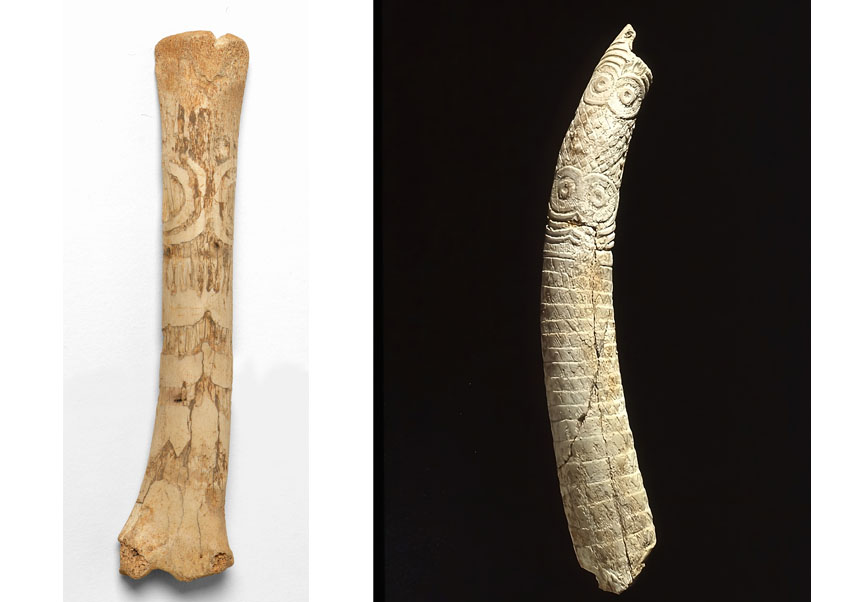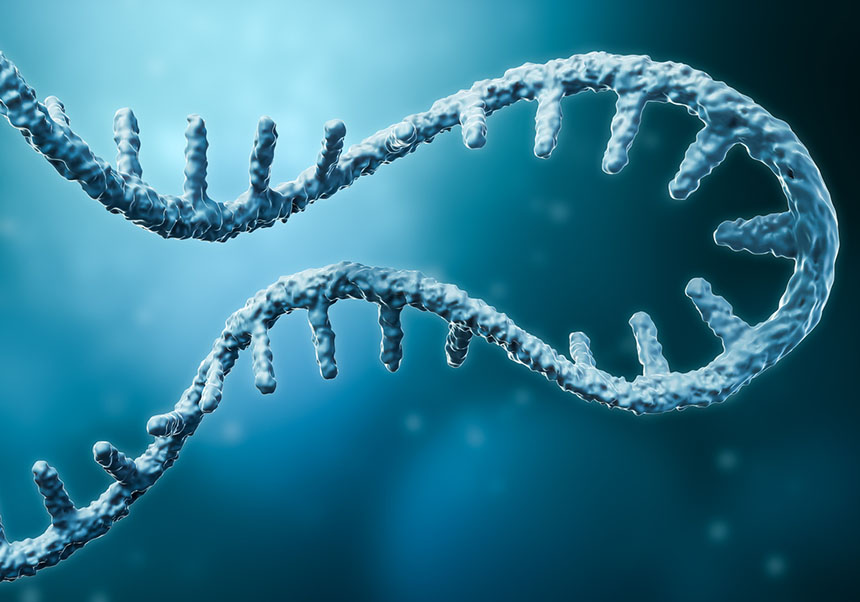The Fallas show the Valencian research in Neuroscience
- Scientific Culture and Innovation Unit
- March 14th, 2019

Carmen Agustín, Lucía Hipólito and Juan Nácher, professors of the University of Valencia, and Yolanda Campos, predoctoral student, have organised, on March 16, an informative day on neuroscience in the Falla Plaza Jesús of Valencia. The event, the neuromascletà, is held coinciding with the World Brain Week, is organised by imitating a scientific congress and will consist of an exhibition of posters and talks given by specialists.
This is the fourth edition of this event and this year aims to make visible the research in Neuroscience in Valencian universities and research centres. In this sense, among the activities, in the exhibition there will be fifteen posters that will show these centres.
The lectures will be given by prestigious researchers. Thus, Lucía Martí (Doctor in Pharmacy from the University of Valencia and currently a researcher at the University of Cambridge) will give the lecture “Resolent el puzle de l’adicció” (‘Solving the addiction puzzle’), where she will deal with this chronic disorder for which there is no effective treatment yet. The intervention of Hugo Salas (doctor in Neuroscience by the UV and scientific illustrator), will be “Tot sobre el cervell de ma mare” (‘All about my mother’s brain’), in which he will explain how maternal behaviour originated and evolved.
For his part, José Ramón Alonso, professor of Cell Biology at the University of Salamanca, will intervene with “Permeta’m que li presente un assassí” (‘Let me introduce you an assassin’). Isabel Fariñas, neuroscientist and professor of Cell Biology at the University of Valencia, will give the lecture “Es pot reparar el cervell humà?” (‘Can the human brain be repaired?’), where she will analyse how the high incidence of neurodegenerative diseases (Alzheimer’s, Parkinson’s and other dementias) justifies the search for cell therapies that study the regenerative and restorative properties of the nervous system.
“We researchers are sure about our commitment to society and therefore bringing science to the most common spaces such as the streets brings it closer to collectives that may not normally have a scientist nearby. In addition, it is the brain awareness party and what better way to celebrate it than with the Fallas”, said Lucia Hipólito.
The act will also include a neuroglobotà for children, and a booklet for people who attend the events. With it the laboratories and research groups that do research in neuroscience can be known. The event is sponsored by the Spanish Society of Neuroscience, The Dana Foundation and the European Federation of Neuroscience Societies. Language Policy Service and the Scientific Culture Unit of the University of Valencia collaborate.
Valencian research in Neuroscience
The posters will show the Molecular Genetics Unit –one of the research laboratories of the Department of Genomics and Proteomics of the Institute of Biomedicine of Valencia-CSIC–; NACHERLAB, by Juan Nácher, a research group specialised in investigating the structural plasticity of the adult brain; and the Molecular Neurobiology Laboratory of Isabel Fariñas, which investigates the high incidence of neurodegenerative diseases. There is also a poster of FRESHAGE, the laboratory of Ana Lloret, where the group of study of physiopathological mechanisms in Alzheimer’s disease is located; and another one from the Laboratory of Development of the Cerebral Cortex of Cristina Gil-Sanz, where the mechanisms involved in the generation of these cells and their relationship with developmental disorders are studied.
Other Neuroscience research groups cited in the poster exhibition are the Genomic Footprint and Neural Stem Cell Laboratory of Sacri Ferrol (which studies maternal and paternal inheritance in genes and how the environment affects brain function) and the laboratory NEUROCIPF, by Vicente Felipo, dedicated to basic and translational research on cognitive, motor and sleep disorders in pathological situations.
There will also be posters of the pathophysiology group of the cortical circuits of Ángela Rodríguez-Prieto; from the group of Stem Cells and Neuroscience of Dr. Erceg; of Ana Polache on New Pharmacotherapy for Relapse in Alcoholism; and the Laboratory of Functional Neuroanatomy (NeuroFun) founded by Fernando Martínez-García. You can also learn about the research of the University professor Carmen Agustín about Rett Syndrome, a disorder that affects the correct development of the nervous system of approximately one in 10,000 children.
The posters are completed with the work of Enrique Lanuza and Ferran Martínez around odours, pheromones and social, sexual and maternal behaviour; Ana Tapia’s research on Precision Medicine in Dravet Syndrome (a childhood epilepsy that usually starts at a few months of age with seizures and over time produces cognitive and behavioural impairment) and Lucía Hipólito’s research in the field of the identification of risk factors in relapses in alcohol addiction.
World Brain Week
The third week of March the World Brain Week is celebrated, a key date in the calendar that scientists and disseminators use to inform citizens on the latest research in Neuroscience. The activity is promoted worldwide by The Dana Foundation and at European level by the European Federation of Neuroscience Societies (FENS). In Spain, the Spanish Society of Neuroscience (SENC) is one of the main organisers and coordinator of the activities of this event, which in Valencia has materialised in these activities of the Falla Plaza Jesús.
File in: Recerca, innovació i transferència , Investigació a la UV , Difusió i comunicació científica , Cultura Científica , Facultat de Ciències Biològiques , Facultat de Farmàcia
















